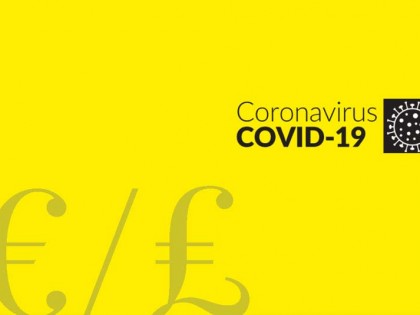If the time has come to take the financial reins of our parents, the most important thing is to always do it from the mutual agreement and with the consent of the parents and siblings, if any (at least, it is the ideal scenario).
A good starting point is to know the financial situation of our parents, that is, how much is their pension, if they have extra savings, financial investments or other assets that generate returns, and what are the current expenses and those that we anticipate for the future. Once this simple exercise is done, the answer to these three questions will help us in managing finances:
What are the short-term goals? (less than 2 years from now)
What situations is it possible to have to solve from the second year and for the next ten years?
What goals would we like to achieve in the long term?
With all this information, we have to carry out a final exercise to be able to start managing the assets in an orderly way: carry out or, in some cases, review the financial and tax planning based on the risk profile that you want to assume, the time horizon of investment, liquidity needs and looking for financial products that exist in the market suitable for all our objectives.
When children take on the task of managing their parents’ finances, they may find themselves with a more complex estate than we are normally used to handling on a day-to-day basis, since, for example, managing a pension and savings is not the same. At the bank they manage a portfolio with funds, stocks and pension plans. If this is your case, it may be a good idea to seek the advice of your financial institution.
Asset management: Power of attorney
To manage the entire estate of our parents, without putting all the assets in your name to avoid that the Treasury believes that it has been a donation and you have to pay the Inheritance and Donation Tax, it is enough to make a power of attorney in your name before a notary .
With the signing of a power of attorney, carte blanche is granted to the attorney-in-fact, that is, the attorney-in-fact may carry out with the assets in question all the operations that it deems appropriate, so there must be full trust between the parties.
From the OCU Inversions they remember that “if the parents changed their opinion later, they would have to revoke the power of attorney before the notary and communicate it to each and every one of the intermediaries involved.”
For this power of attorney and the necessary copies, the notary charges around 60 euros.
Wealth management: Authorization of bank accounts
In the event that our management necessity includes only a part of your parents’ assets (eg the shares deposited in a securities account or the bank account), it is enough that you are authorized in the account being managed.
To do this, the owner or owners of it (parents) must notify their intermediary, all at no cost. Many entities usually have an authorization form.
In the case of the bank account from which the electricity payments of their parents are domiciled, the owner of an account can authorize one or other people to withdraw the money from it on their behalf, and can even set a limit on the amount to withdraw. To grant this authorization, they must sign the corresponding document at the bank. The account will thus have a holder and an authorized person.
What can and cannot be done as authorized
From the Bank of Spain’s Banking Client portal, they explain the figure of the authorized
If the authorization is of a general nature, the authorized person may dispose of the account in the same way as the owner and, unless otherwise agreed or justified refusal, may:
Have the balance of the account, being able to sign checks, refunds and any document that is necessary.
Make requests for information, without the need for the consent of the owner.On the contrary, the authorized person cannot initiate a cancellation order, unless said power was included in the account contract. Nor can you modify the conditions of the contract, request the blocking of the account, or make dispositions of the same after the death of the owner.
In addition, the account holder may revoke the authorization at any time by notifying the entity in writing, in order to record the moment when the authorized person ceases to operate with the account.





























































